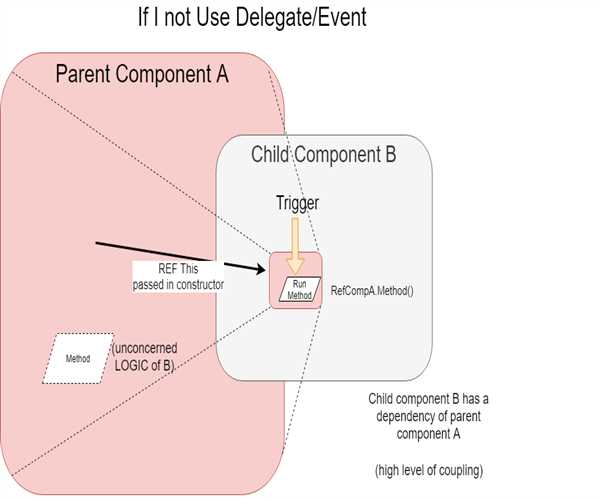An event in C# is a mechanism that allows an object to notify other objects when something of interest happens. It is a way of implementing the observer pattern, where multiple objects can subscribe to an event and get notified when it occurs. Events are typically used in graphical user interface (GUI) programming, where the user interacts with the application through various controls like buttons, menus, and text boxes.
To declare an event in C#, you use the event keyword followed by a delegate type that specifies the signature of the event handler. The event handler is a method that gets called when the event is raised. The event handler method must have the same signature as the delegate type specified by the event.
To raise (or fire) an event, you call the event as a method, passing in the sender object and any additional arguments required by the event handler. The sender object is the object that raised the event. The arguments can be any type of object, and they provide additional information about the event.

To subscribe to an event, you use the += operator to add a method to the event's invocation list. The method must have the same signature as the delegate type specified by the event. When the event is raised, all the methods in the invocation list are called in order.
To unsubscribe from an event, you use the -= operator to remove a method from the event's invocation list. Once a method is removed, it will no longer be called when the event is raised.
Events in C# provide a powerful and flexible way to implement the observer pattern. They allow multiple objects to react to events in a decoupled manner, without needing to know about each other. This makes it easier to maintain and modify code over time, as changes to one object do not affect the behavior of other objects that are observing it.